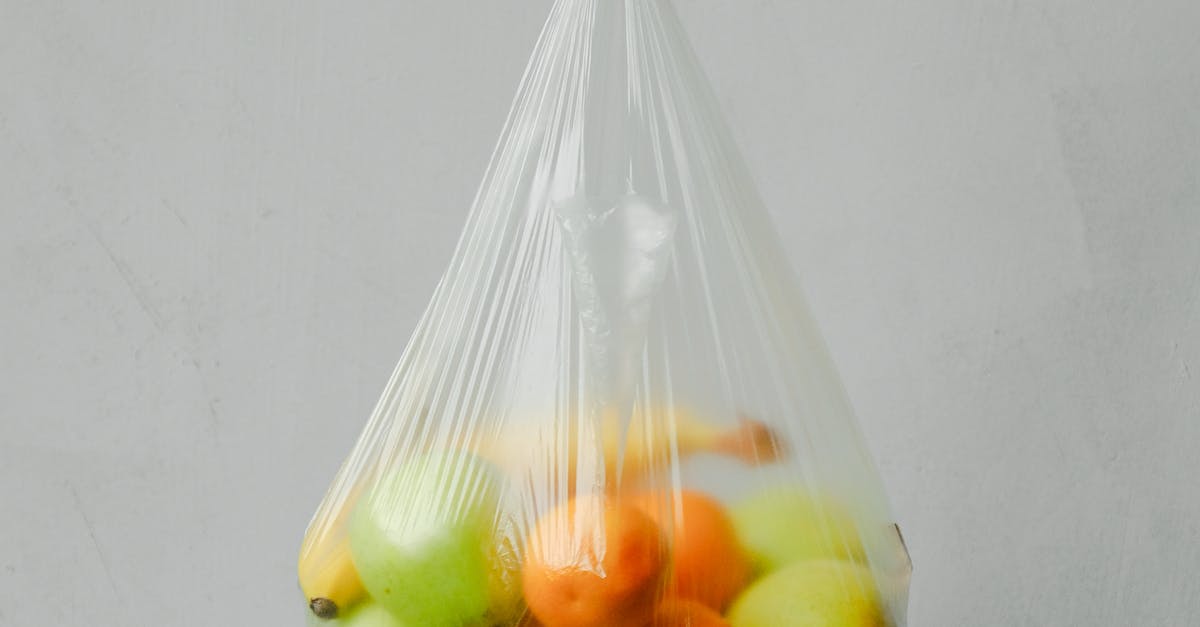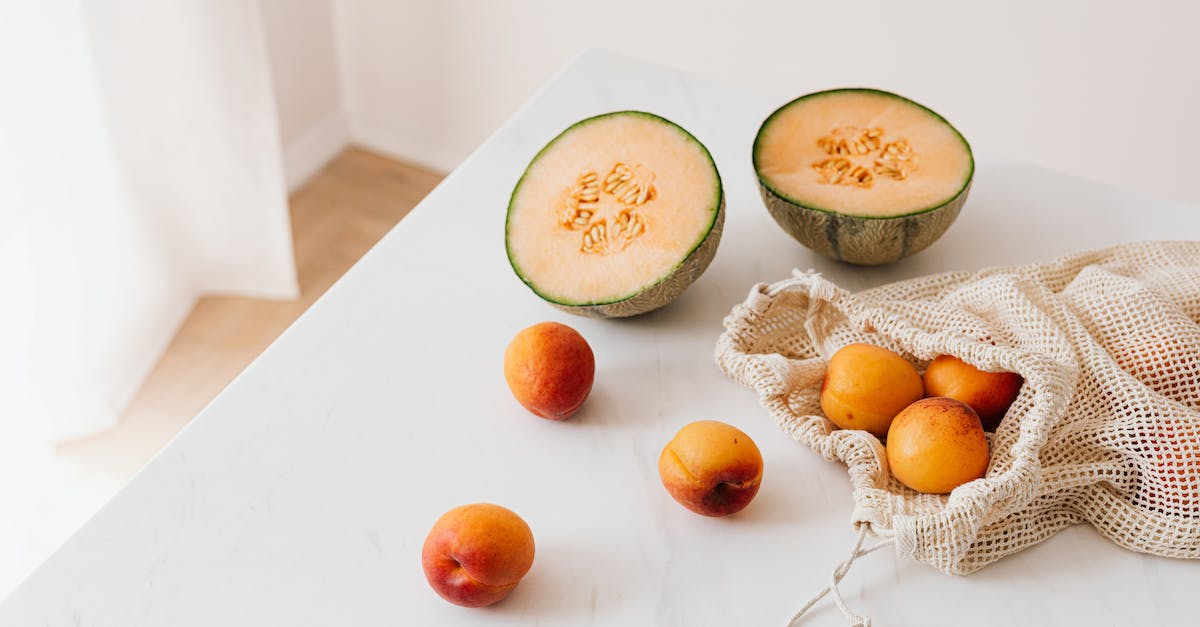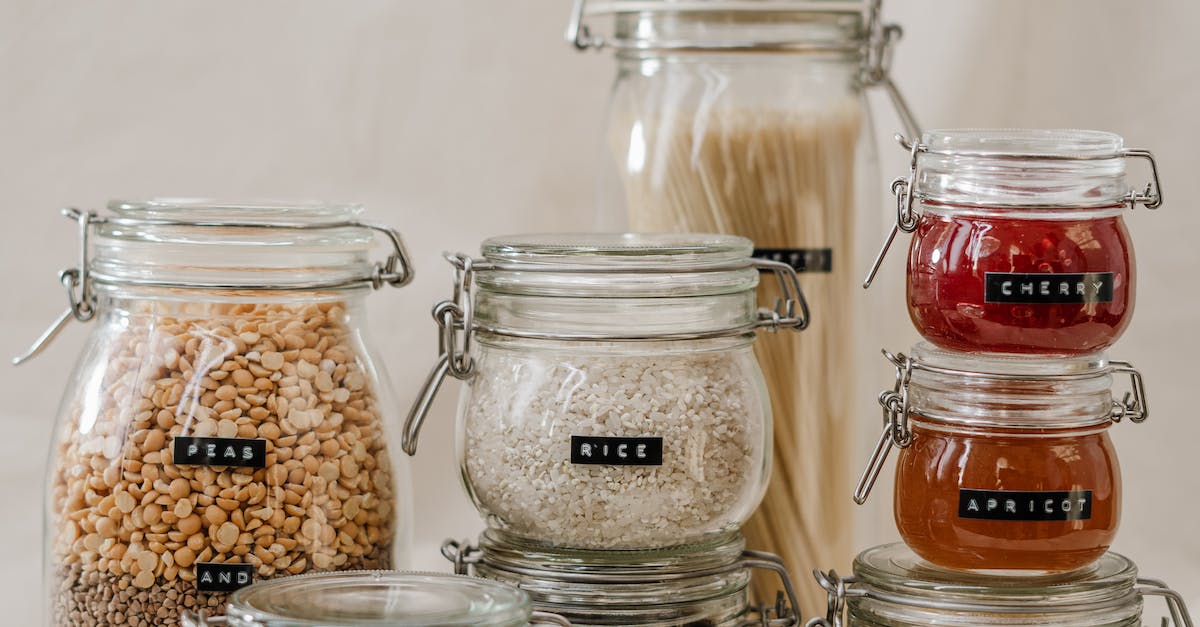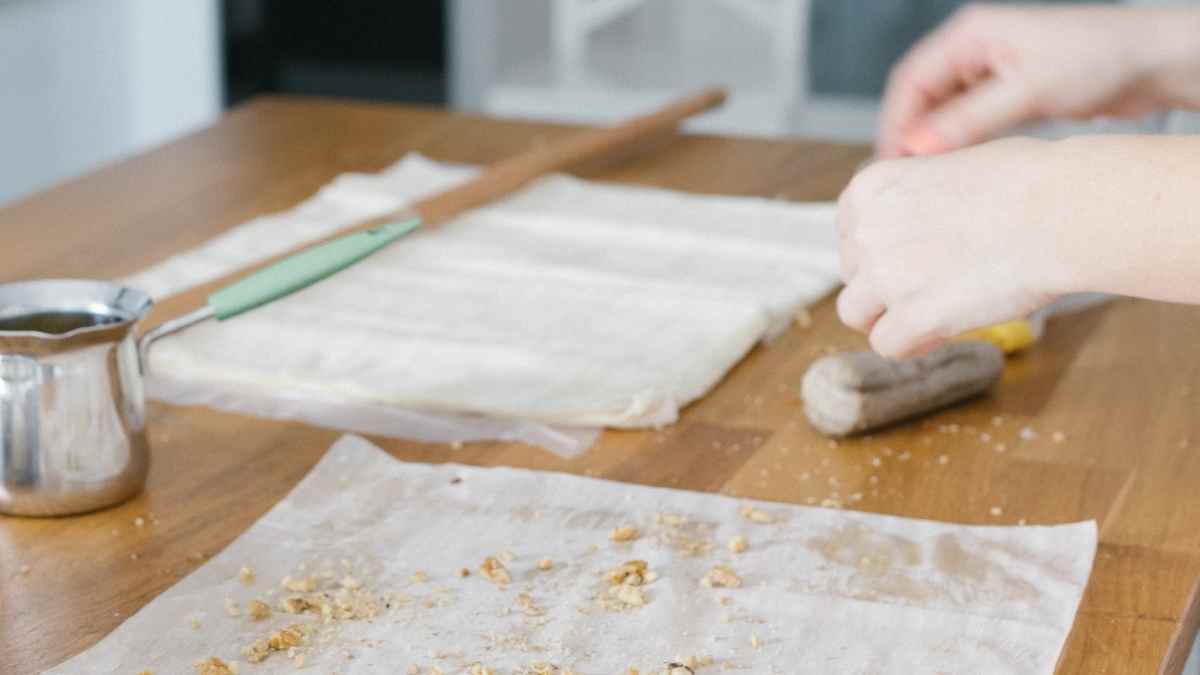Are you tired of seeing your kitchen overflowing with empty food containers, plastic bags, and scraps of wasted ingredients? We have all been there at least once in our lives, and it’s a situation that triggers a feeling of frustration and guilt – especially if you’re an eco-friendly enthusiast like me. But fear not! Many ways exist to live a sustainable lifestyle and reduce your kitchen’s waste output without sacrificing taste. That’s right – cooking without creating waste is good for the environment and your taste buds.
In this article, I’m sharing with you my top tips for cooking without creating waste. From using every last bit of ingredients to replacing single-use items with sustainable alternatives, I’m giving you all the tools you need to transform your kitchen into an eco-friendly paradise. So, stick around and get ready to join the zero-waste movement one recipe at a time!
Plan Your Meals

Planning your meals is an essential step towards cooking without creating waste. It not only helps you save money but also ensures that you use up all the ingredients you have before they go bad. Here are some tips to help you plan your meals effectively:
- Check your fridge and pantry: Before you plan your meals, check what you already have in your fridge and pantry. This will help you avoid buying unnecessary items that you already have.
- Create a meal plan: Once you have checked your fridge and pantry, create a meal plan for the week. This will help you decide what to cook and ensure that you use up all your ingredients before they go bad.
- Stick to your grocery list: When you go grocery shopping, stick to your grocery list. This will help you avoid buying things you don’t need and prevent food waste.
- Buy in bulk: Buying in bulk can help you save money and reduce packaging waste. However, make sure you only buy what you need and have enough space to store the items.
- Cook in batches: Cooking in batches can help you save time and reduce food waste. You can freeze the extra portions and use them later.
- Use leftovers: Leftovers are a great way to reduce food waste. You can use them to make new dishes or simply reheat them for another meal.
- Use the entire ingredient: Don’t throw away parts of an ingredient you can use. For example, you can use the stalks of broccoli to make soup or use the leaves of beets in a salad.
- Store food properly: Properly storing food can help it last longer and reduce food waste. Make sure you store food in airtight containers and in the right temperature and humidity.
- Donate or compost: If you have extra food that you can’t use, consider donating it or composting it. This will help reduce food waste and benefit the environment.
- Share meals with others: Sharing meals with others can help reduce food waste and build community. You can organize a potluck or invite friends over for dinner.
By planning your meals, you can not only reduce food waste but also save money and time. Try these tips and see how they can benefit you and the environment.
Shop Smartly

- Shop with a grocery list: One of the best ways to reduce waste is to avoid buying things you do not need. Plan your meals for the week and make a grocery list before you go shopping. This will help you stick to your meal plan and prevent impulse purchases that often go to waste.
- Buy in bulk: Buying in bulk can reduce packaging waste and save you money. Look for bulk dry goods like rice, beans, and spices. To avoid food waste, only buy what you need and store any excess in airtight containers.
- Choose loose produce: Opt for unwrapped fruits and vegetables instead of prepackaged ones. This can reduce plastic waste and allow you to purchase only what you need. You can also bring your own produce bags to further reduce waste.
- Browse the discount section: Many grocery stores have a discount section for produce that is slightly wilted or close to its expiration date. This is a great way to save money and prevent food from going to waste. Use these items as soon as possible or freeze them for later use.
- Shop at the farmers market: Shopping at local farmers markets not only supports small businesses but also helps reduce waste. Since the produce is often picked fresh and sold directly to consumers, there is less packaging waste. You can also bring your own bags and containers to further reduce waste.
Use All Parts of Your Produce

- Use All Parts of Your Produce: When cooking with fruits and vegetables, it’s easy to overlook parts that seem unusable. However, many of these parts are perfectly edible and can add flavor and nutrition to your dishes. For example, use the broccoli stems and cauliflower leaves in stir-fries or puree them into soups. Roast the seeds of squash, pumpkins, and melons for a crunchy snack or a salad topping. Save the stems of herbs like cilantro and parsley for use in sauces and marinades.
- Creative Uses for Scraps: If you do end up with scraps that you cannot use in your recipes, find creative ways to repurpose them. Citrus peels can be used to infuse flavor in vinegar or as a natural cleaning agent. Vegetable scraps and chicken bones can be used to create a flavorful homemade stock. Banana peels can be added to smoothies or used to shine shoes.
- Bulk Buying and Cooking: Buying ingredients in bulk and cooking in large quantities can reduce the amount of food waste generated. For example, make a big batch of soup or chili and freeze portions for later. Cook grains like rice and quinoa in large batches, and use them throughout the week in different dishes. Buy larger cuts of meat and portion out for multiple meals. This not only reduces waste, but also saves time and money in the long run.
Store Your Food Properly

Proper storage of your food not only prevents waste, but it also helps to retain its flavor and freshness.
- Use air-tight containers: When storing leftovers, use air-tight containers to seal in the freshness and prevent unnecessary spoilage.
- Wrap produce: Wrap produce in a damp cloth or paper towel and store it in the fridge to keep it fresh for longer.
- Utilize the freezer: The freezer is a great tool for preserving food. Freeze leftover meals, bread, and other items to extend their shelf life.
- Store food in the right place: Different items require different storage areas. Keep your vegetables and fruits in the crisper drawer and your dairy products on the top shelf where the temperature is coldest.
By following these simple tips, you can store your food properly and prevent unnecessary waste while also keeping your food fresh and flavorful.
Cook What You Already Have

- Cook with leftovers: Instead of throwing away food that you didn’t finish at your last meal, incorporate it into your next meal. For example, leftover veggies can be added to a stir-fry or soup to create a whole new dish.
- Plan your meals: By planning your meals ahead of time, you can avoid buying excess food that may go to waste. Take inventory of what ingredients you already have and plan your meals around those items.
- Use all parts of your produce: When cooking with fruits and vegetables, try to use as much of the produce as possible. For example, use the broccoli stem in stir-fry or use carrot tops in a pesto sauce.
- Freeze unused ingredients: If you have excess ingredients that you know you won’t use before they go bad, freeze them for use in a future recipe. This is especially helpful for items such as bread, herbs, and fruits.
- Shop in bulk: Buying in bulk can help reduce waste as you only buy what you need. Bring your own reusable containers to the store to avoid plastic packaging and to make it easier to store the items once you get home.
By implementing these tips, you can reduce food waste and make environmentally friendly choices in the kitchen. Happy cooking!
Compost Your Food Scraps

- The Benefit of Composting: Composting is a sustainable practice that turns food scraps into nutrient-rich compost that can be used to fertilize plants and gardens. By composting your food scraps, you are diverting waste from the landfill and creating a closed-loop system that benefits the environment.
- How to Compost: To compost your food scraps, you will need a compost bin or pile in your yard. Add items such as vegetable and fruit scraps, coffee grounds, tea bags, eggshells, and yard waste such as leaves and grass clippings. Avoid adding meat, dairy, and oily foods as they can attract pests and slow down the composting process. Mix the compost regularly to ensure proper aeration, and add water as needed to keep it moist.
- Use Compost as Fertilizer: Once your compost has broken down into dark, crumbly soil, it’s ready to be used as a natural fertilizer for your plants and gardens. Spread a layer of compost over your garden beds or mix it into the soil before planting.
- Get Creative with Composting: Composting doesn’t have to be limited to food scraps and yard waste. You can also compost items such as shredded paper, cardboard, and even hair and pet fur. These items break down over time and add nutrients to your compost.
- The Benefits of Vermicomposting: Vermicomposting is the practice of using worms to break down food scraps into nutrient-rich compost. This method is great for those who live in apartments or don’t have access to a yard. Worms can be kept in a bin indoors, and their castings (or poop) can be used as fertilizer.
- Choose Compostable Products: When shopping for groceries, look for products that are packaged in compostable materials such as paper or bioplastic. These items can be added to your compost bin once you’ve finished using them. This reduces waste and supports sustainable practices.
Composting your food scraps is an easy and effective way to reduce waste in your home. By following these tips, you can create nutrient-rich compost to fertilize your plants and keep waste out of the landfill.
-

Fashionably Green and On-The-Go
£16.50 Select options This product has multiple variants. The options may be chosen on the product page -

Reusable and Ready Eco-Friendly Tote Bag
£16.50 Add to cart
Conclusion
Congratulations, my fellow eco-warriors! You’ve reached the end of our awesome list of tips for cooking without creating waste. Give yourselves a pat on the back, because together, we’re making a difference in the world one meal at a time!
So what have we learned? We’ve discovered that simple changes in our cooking routine can have a huge impact on our carbon footprint. We’ve learned the power of composting and the importance of making use of every scrap of food. We’ve seen how reducing our use of single-use plastics can help save our oceans and wildlife.
But most of all, we’ve discovered that cooking without waste doesn’t have to be a daunting task. In fact, it can be downright fun! Get creative in the kitchen, try out new recipes, and have some laughs along the way. And remember, even small changes can make a big difference.
So let’s continue on this journey of sustainability and do our part to protect our beautiful planet. It’s not just about cooking without waste, but it’s about living consciously in all aspects of our lives. Let’s make every day Earth Day!

